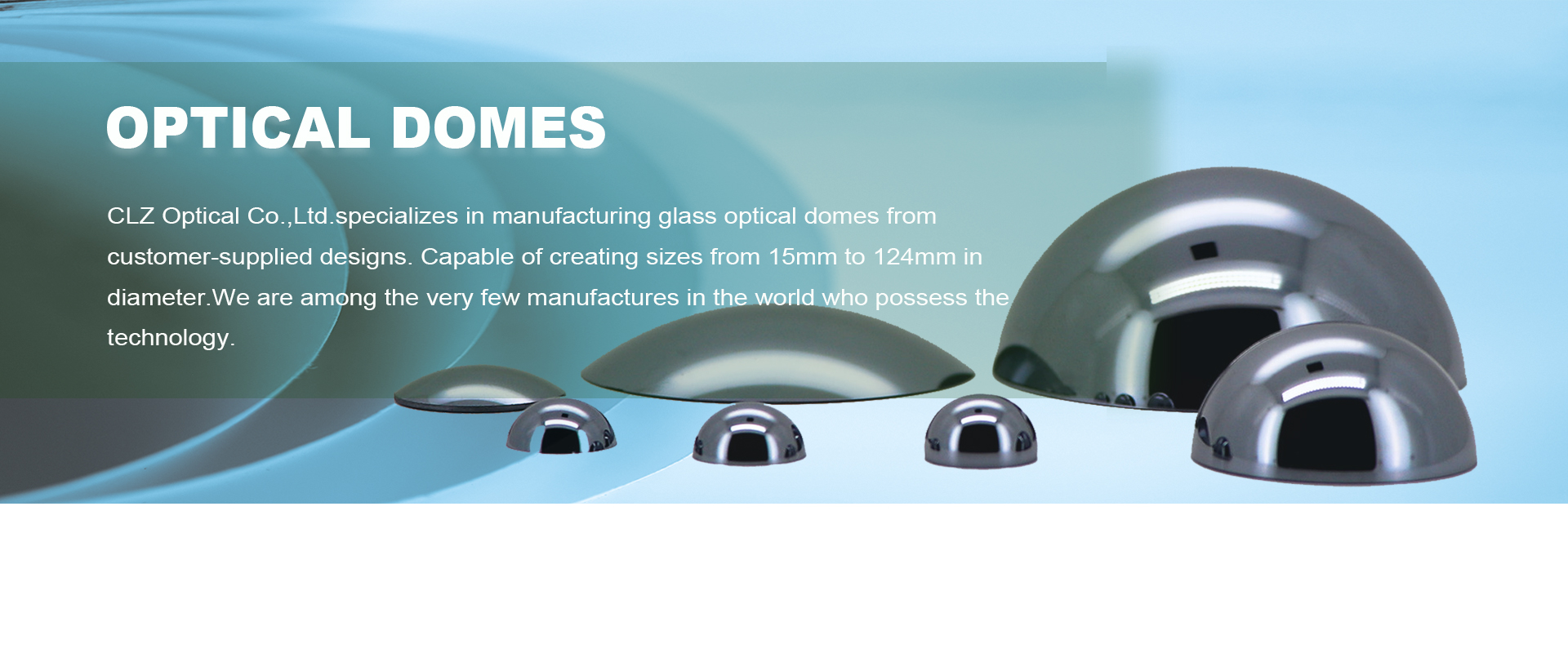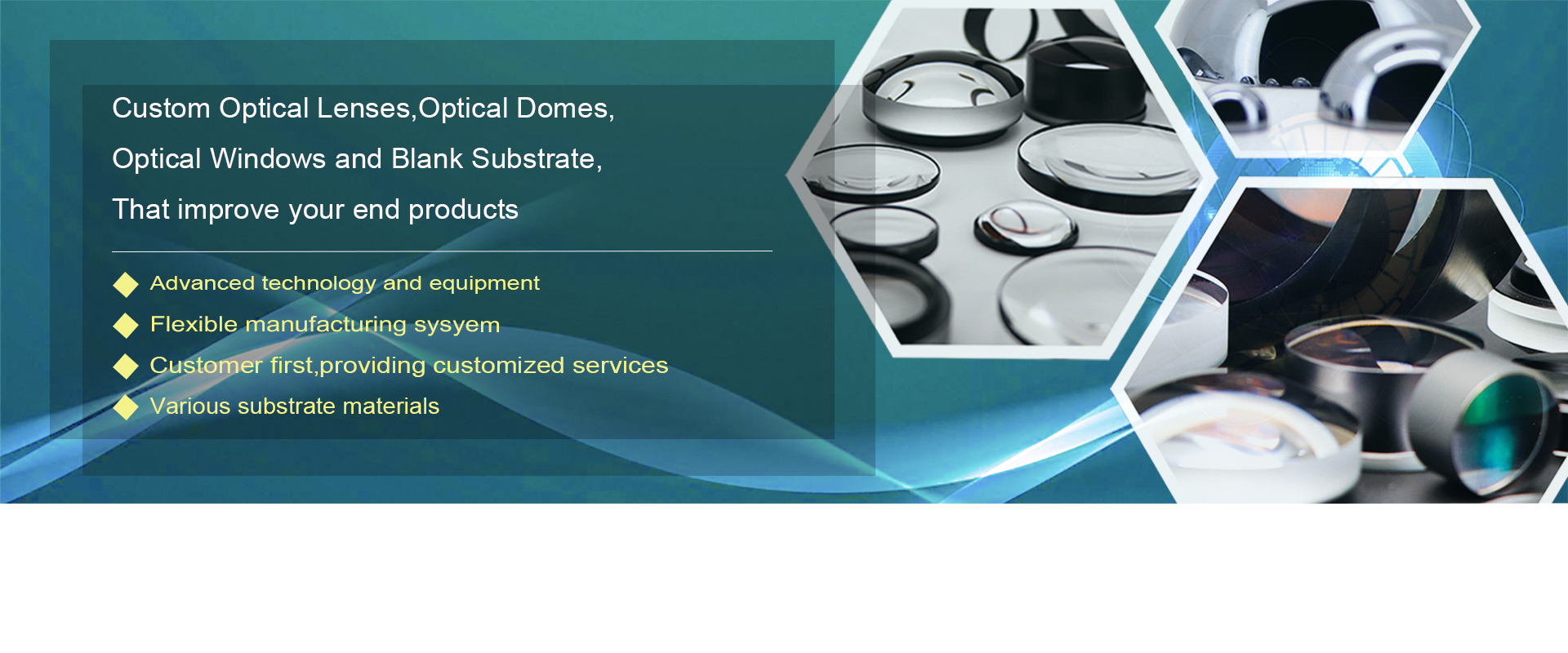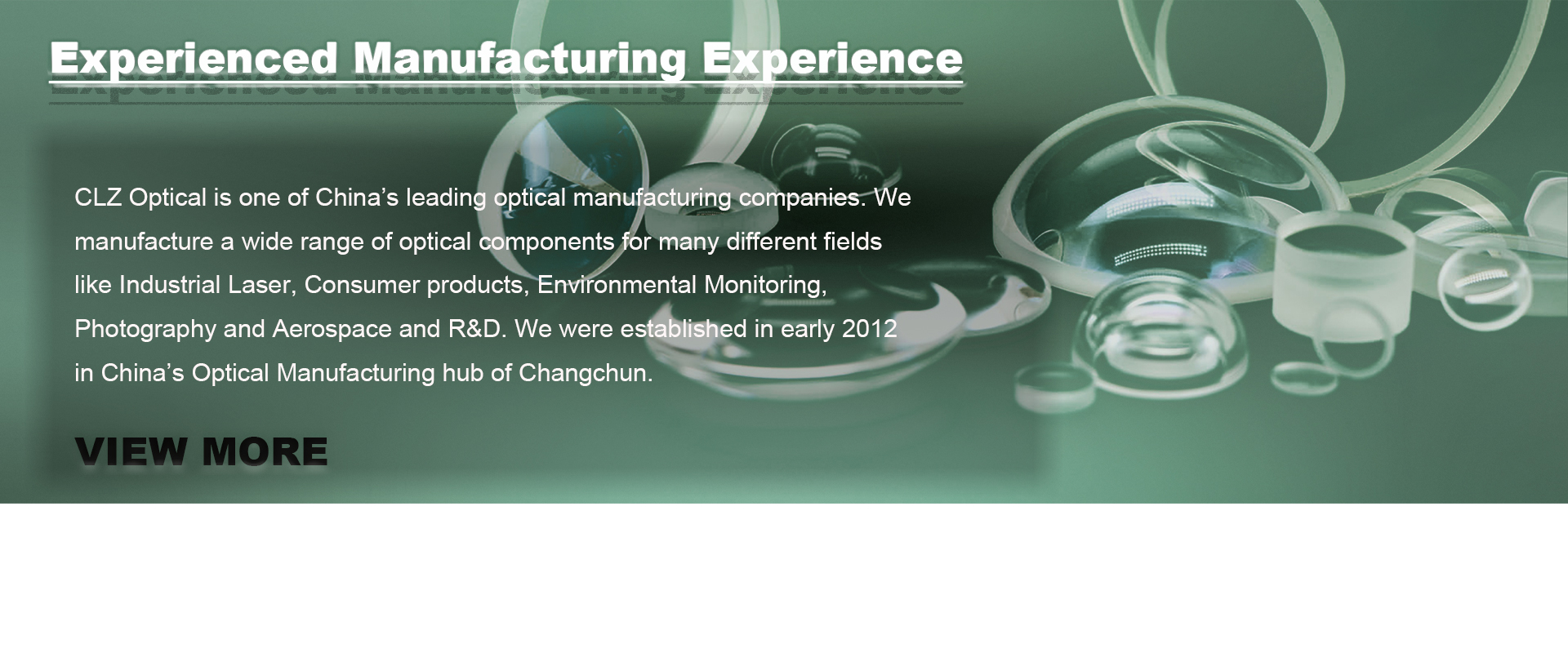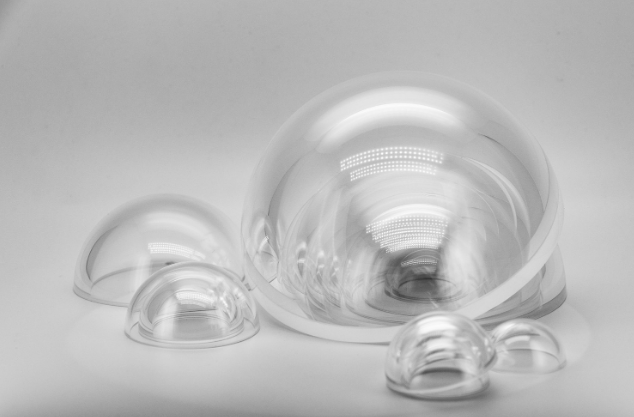Advantages of Optical Glass Domes for Underwater Detection Equipment
Jun. 12, 2023
Optical glass domes offer several advantages for underwater detection equipment, making them a preferred choice in various applications. From underwater cameras to sonar systems, optical glass domes provide critical benefits that enhance performance and reliability in underwater environments. In this article, we will explore the advantages of optical glass domes specifically for underwater detection equipment.
1. Optical Transparency and Clarity:
One of the primary advantages of optical glass domes is their exceptional optical transparency and clarity. Glass is known for its high light transmission properties, enabling clear and precise imaging even in challenging underwater conditions. The glass domes allow light to pass through without significant distortion or scattering, providing high-quality images and accurate detection in underwater environments.
2. UV Resistance:
Optical glass domes often have excellent UV resistance properties. This is particularly important in underwater applications, as UV radiation can degrade the performance of materials over time. With UV-resistant glass domes, the equipment remains protected from the damaging effects of UV radiation, ensuring long-term reliability and preserving the optical clarity of the dome.
3. Pressure Resistance:
Underwater environments subject equipment to high water pressure. Optical domes are designed to withstand these pressures without compromising their structural integrity. The inherent strength and durability of glass make it highly resistant to deformation or cracking under pressure, ensuring that the dome maintains its shape and optical properties even at significant depths. This pressure resistance is crucial for maintaining functionality and protecting sensitive detection equipment.
4. Scratch Resistance:
Optical glass domes typically have superior scratch resistance compared to other materials. Underwater environments often expose equipment to abrasive elements like sand, rocks, or marine life. The scratch-resistant properties of glass help protect the dome's surface from damage, ensuring clear vision and maintaining the optical performance of the detection equipment. Additionally, a scratch-free dome minimizes the need for frequent cleaning and maintenance, saving time and effort.
5. Chemical Resistance:
Optical glass domes exhibit excellent chemical resistance, making them suitable for underwater detection equipment. The glass material is less susceptible to corrosion or chemical reactions when exposed to saltwater, chemicals, or contaminants commonly found in underwater environments. This chemical resistance ensures the long-term reliability of the glass dome and prevents degradation of the detection equipment's performance.
6. Thermal Stability:
Glass has a high coefficient of thermal stability, allowing it to withstand extreme temperature variations. Underwater environments can experience significant temperature changes, and optical glass domes can handle these fluctuations without compromising their optical properties. The dome's ability to resist thermal expansion or contraction helps maintain the structural integrity and performance of the detection equipment, ensuring accurate detection and imaging capabilities.
7. Design Flexibility:
Optical glass domes offer design flexibility, allowing for customization to suit specific underwater detection equipment requirements. They can be manufactured in various sizes, shapes, and configurations to fit different equipment designs. This flexibility ensures optimal integration and compatibility with the equipment, enhancing functionality and performance in underwater environments.
8. Ease of Maintenance:
Glass domes are relatively easy to clean and maintain. Their smooth surfaces facilitate simple and effective cleaning processes, ensuring clear vision and optimal performance. Additionally, the chemical and scratch resistance of optical glass reduces the likelihood of damage during cleaning procedures, minimizing the risk of compromising the detection equipment's functionality.
9. Longevity and Cost-Effectiveness:
Optical glass domes are known for their longevity and durability. They have a longer lifespan compared to alternative materials, reducing the need for frequent replacements. The long-term reliability of glass domes makes them a cost-effective choice for underwater detection equipment, as they offer extended operational life and lower maintenance costs over time.
Conclusion
Optical glass domes provide significant advantages for underwater detection equipment. Their optical transparency, UV resistance, pressure resistance, scratch resistance, chemical resistance, thermal stability, design flexibility, ease of maintenance, longevity, and cost-effectiveness make them an ideal choice for clear vision, accurate detection, and reliable performance in underwater environments. By utilizing optical glass domes, underwater detection equipment can withstand the challenges of underwater conditions, ensuring efficient and effective operation for various applications, including underwater cameras, sonar systems, underwater robotics, and marine exploration.




















